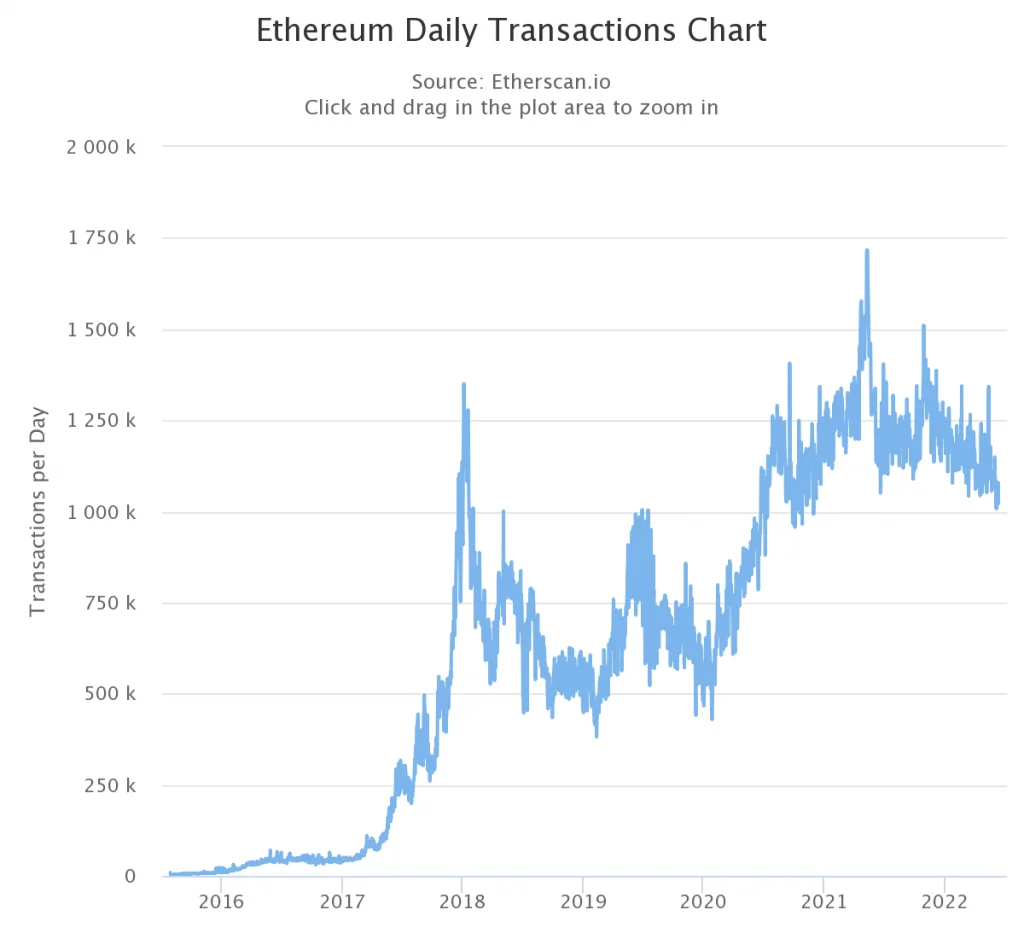The goal of the difficulty bomb is to make Ethereum mining less profitable so that miners won’t do it before the long-awaited Merge.

Ethereum network developers have decided to postpone the difficulty bomb, a major step toward the layer-1 blockchain’s highly anticipated Merge upgrade.
According to core developer Tim Beiko in a June 11 tweet, they set the delay to two months to “ensure that we sanity check all the numbers before selecting an exact delay and deployment time.”
The difficulty bomb will be used to disincentivize ETH mining operations from continuing to operate their physical mining devices as the network transitions from proof-of-work (PoW) to proof-of-stake (PoS).
It significantly increases the difficulty for miners to verify network transactions, reducing profitability for PoW miners. Physical miners will eventually find it impossible to validate a block. The difficulty bomb is a network feature that was added to the code in 2016 as plans were being developed for the Merge to become the Consensus Layer (formerly known as ETH 2.0).
According to some estimates, switching to PoS will reduce the Ethereum network’s energy requirements by up to 99.9%. Other PoS networks, such as Polygon and Fantom Opera, have low power requirements when compared to other PoW networks.
Although Beiko does not mention it, delaying the difficulty bomb could cause further delays for the Merge, which is scheduled for August 2022.
On June 9, the Ropsten testnet on Ethereum completed its PoS merge, which developers referred to as the “first dress rehearsal” for the actual merge.
Despite the current bearish sentiment in the cryptocurrency markets, the Ethereum user base remains strong. Except for one day in December 2020, daily network transactions have remained above one million. Measuring daily transactions provides a clear and concise picture of the network’s overall load.

Every month, the number of unique addresses grows rapidly. Since it first peaked in December 2017, the number of new unique wallets has not slowed. Ethereum now has approximately 198 million unique wallets, a 14.5-fold increase since December 7, 2017.
According to CoinGecko, the price of ETH has fallen 6.8 percent in the last 24 hours along with the majority of other cryptocurrencies, trading at $1,360.
